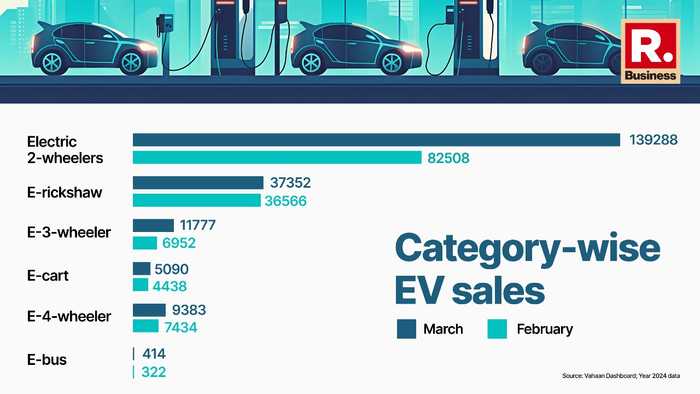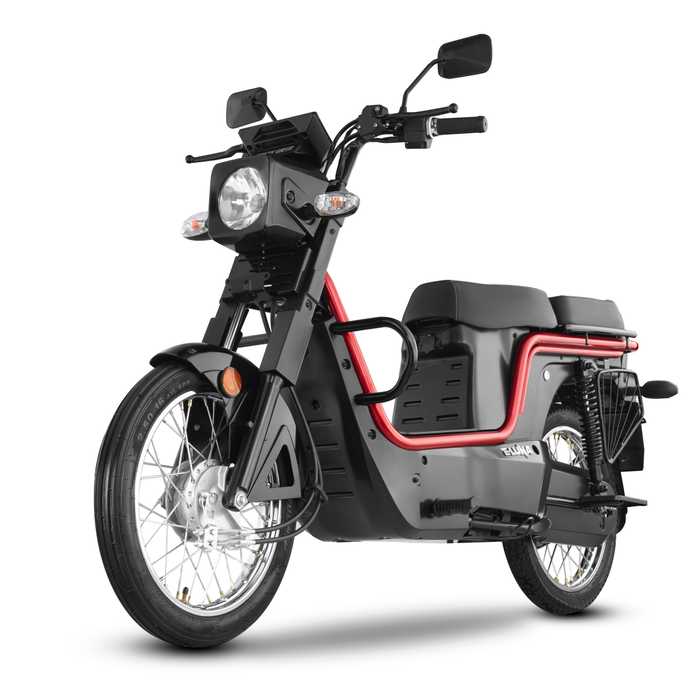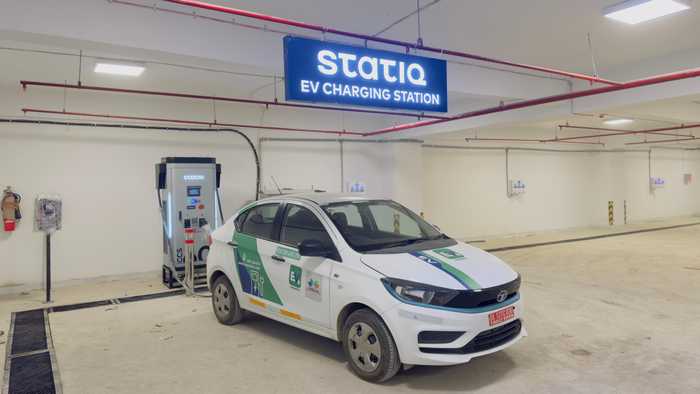Published 22:27 IST, April 21st 2024
Electricity Mobility Promotion Scheme (EMPS) aims to support faster adoption of electric two-wheelers and three-wheelers.
Advertisement
Sustainability measures: The Union Ministry of Heavy Industries has formulated the Electric Mobility Promotion Scheme 2024 with an outlay of Rs 500 crore, to be implemented over a period of four months from April 1 2024 to July 31 for faster adoption of electric 2-wheelers and electric 3-wheelers.
After the Faster Adoption and Manufacturing of Electric Vehicles-II scheme (FAME-2) ended in March and adoption of FAME-3 likely to take place after Union Budget 2024, Electricity Mobility Promotion Scheme (EMPS) is a shot in the arm for EVs in India. Is this outlay sufficient to help the country's e-mobility mission? Republic Business takes a deep dive.
Advertisement

Advertisement
50% vehicles as EVs by 2030?
From food delivery platform Zomato’s announcement made last week of switching over to Electric Vehicles (EVs) for deliveries of large orders to cab aggregator Uber’s ‘Uber Green’ service being availed by more commuters, sustainability has become a key driver in India’s economic growth. As the country envisages EVs to become 50 per cent of the total passenger vehicles by 2030, abysmal sales of electric cars are not yielding the desired results. Even as the government is making all possible efforts to encourage foreign electric carmakers to ‘Make in India’, it is the modest electric 2-wheeler (E-2W) that leads from the front in terms of sales.
Electric 2-wheeler boom
A recent report issued by the Heavy Industries Ministry has highlighted that a healthy 103.62 per cent Compound Annual Growth Rate (CAGR) highlights the crucial role of E-2W expansion in shaping India's environmental, economic, societal, and global future.
Advertisement

As per centre’s Vahaan dashboard, the real-time monitoring platform that reflects vehicle sales data, electric 2-wheelers have seen a sharp rise in sales during March this year.
As many as 1,39,288 electric two-wheelers were sold in India’s electric vehicle market as compared to 82,508 electric 2-wheelers sold in February this year.
As per EVreporter, which tracks the electric mobility ecosystem in India, electric vehicles are increasingly making their presence felt and are tying for the top sales among all vehicles irrespective of the fuel type, especially in the 3-Wheeler L5 Auto segment. In March 2024, the overall penetration of EVs in the 2-wheeler sales market was 9.1 per cent. For passenger 3-wheeler autos, it was 24.3 per cent and for cargo 3-wheeler autos, it was 45 per cent.
Light electric vehicles
As per EVreporter, 90 per cent of EV sales in India comprise Light Electric Vehicles (LEVs) - mainly 2Ws, 3Ws, and small 4Ws. LEV sales are expected to make up 80 per cent of all EV sales in 2030. The two-wheeler and three-wheeler industry is unorganised in terms of charging interoperability and rapid charging.
Advertisement

There is no standardised charging communication protocol, and no common charging connectors have been adopted across the 2W and 3W industries, says the report.
The government scheme aims to support the adoption of electric vehicles across the country, with plans to bolster the infrastructure and encourage the use of environmentally friendly transportation options.
“Under the EMPS, the government plans to support a total of 372,215 EVs, with a major focus on electric two-wheelers (e2Ws) and three-wheelers (e-3Ws). Specifically, 333,387 e-2Ws and 38,828 e-3Ws are targeted for promotion. This strategic emphasis on two-wheelers and three-wheelers comes as the government diverts attention from electric four-wheelers (e-4Ws) and e-buses, citing existing schemes such as the Auto Production Linked Incentive (PLI) and the PM e-bus sewa schemes designed to address these segments," the report further adds.
Advertisement
21:59 IST, April 21st 2024